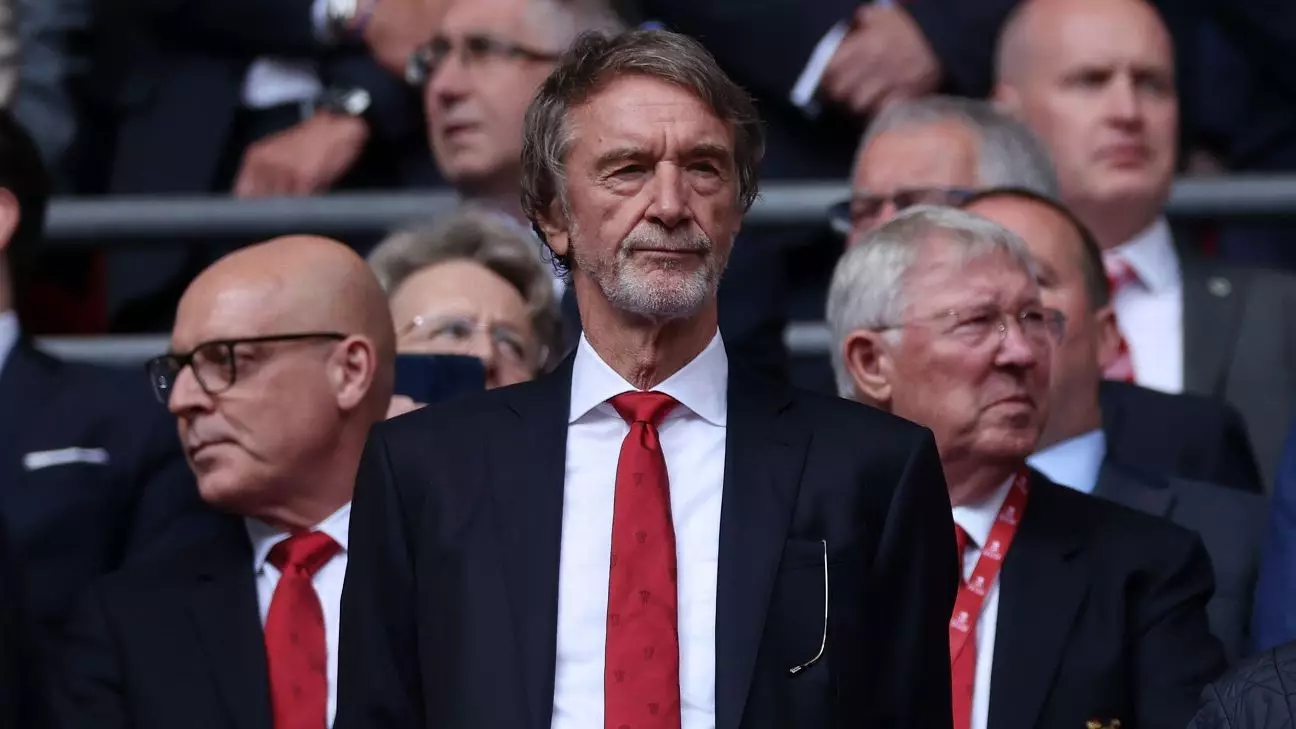UEFA’s Club Financial Control Body (CFCB) has cleared Manchester City and Manchester United to participate in European competition next season. This decision came after doubts were raised due to both Man City and LaLiga side Girona, which are part of the City Football Group, qualifying for the UEFA Champions League. Manchester United, on the other hand, secured a place in the Europa League by winning the FA Cup. Nice, the Ligue 1 club under the ownership of Jim Ratcliffe’s INEOS group, also earned a spot. The involvement of two clubs under the same ownership in one European competition posed a conflict with UEFA’s multi-club ownership rules. As a result, significant changes were made at the board level to ensure compliance with UEFA regulations.
UEFA confirmed that there have been substantial changes in the ownership, governance, and financial support of the concerned clubs. To address the conflict of interest, shares held in Girona and Nice have been transferred to independent trustees through a blind trust structure supervised by the CFCB. This arrangement is valid only for the 2024-25 season, after which the shares will revert to City Football Group and INEOS. Jim Ratcliffe, who acquired a stake in United in February, along with INEOS’ ownership of Nice, had to navigate through UEFA regulations to comply with the rules.
Recent restrictions imposed by UEFA have affected the transfer activities of Manchester United. The club has been blocked from signing players from clubs under the ownership of Jim Ratcliffe’s INEOS group. In a recent interview, Ratcliffe mentioned that United had been prohibited from signing Nice defender Jean-Clair Todibo. However, this restriction has raised concerns about the impact on players and the overall competitiveness of the league. On the other hand, City is expected to sign Sávio this summer, with negotiations being made with parent club Troyes. Sávio, who was on loan at Girona last season, is poised to join City as they prepare for the upcoming season.
The recent UEFA decisions regarding the participation of Manchester City and Manchester United in European competitions have highlighted the complexities of multi-club ownership rules. The restructuring of ownership and governance, as well as the restrictions on player transfers, have significant implications for the clubs involved. Moving forward, all parties will need to adapt to the changing landscape of football governance to ensure fair competition and compliance with regulatory standards.

